Our first year of the Science Envoy Program was superb. As we continue to help young scientists to find their public voices, Wonderfest is thrilled about the long-term impact that the Envoy program can have on science popularization. What could be better for promoting science to future generations than to augment the ranks of researchers who take science popularization seriously?
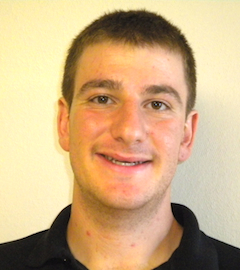
OTIS CHODOSH is a graduate student at Stanford studying mathematics. His research concerns relationships between geometry and general relativity. When not thinking about mathematics, Otis enjoys riding his bicycle and looking at birds. Otis was recommended for the Science Envoy program by Stanford mathematician Ravi Vakil. |
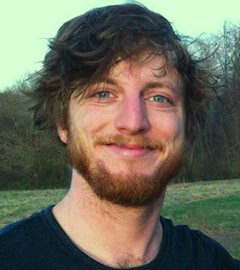
DREW HALLEY is a PhD candidate in biological anthropology at UC Berkeley studying the evolution of primate brain development. His undergraduate research looked at the genetics of neurotransmission, human sexuality, and flotation tank sensory deprivation at Penn State University. He also enjoys brewing beer, photography, public science education, and dungeness crab. Drew was recommended for the Science Envoy program by UC Berkeley anthropologist/neuroscientist Terrence Deacon. |
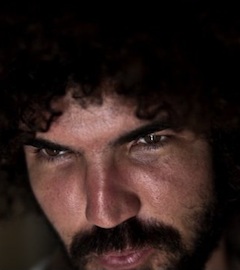
PATRICK HOUSE is working feverishly on his PhD dissertation in neuroscience at Stanford. He studies Toxoplasma gondii, a weird little protozoan parasite that has cats as its primary host, and that makes mice more willing prey for cats! Since 2008, Patrick has been a contributor to Slate.com, writing about neuroscience, cat-mouse-T.gondii coevolution, and how to win the New Yorker Cartoon Caption Contest. Patrick was recommended for the Science Envoy program by Stanford neuroscientist Robert Sapolsky. |
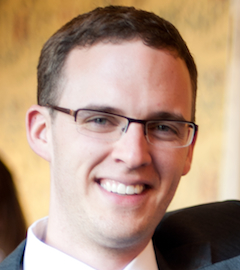 CHAT HULL CHAT HULL
is a graduate student in the UC Berkeley Astronomy Department. His research focuses on star formation, dust polarization, and millimeter radio instrumentation. He enjoys motorcycling, skiing, bluegrass, jazz, and Indian food. Chat was recommended for the Science Envoy program by UC Berkeley astronomer Geoff Marcy. |
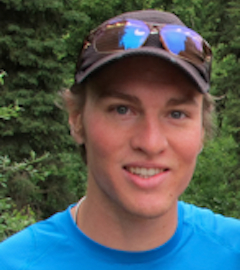
ANDREW MERRELL is a PhD candidate in Biology at Stanford. He is interested in behavioral ecology and social insects. His research explores the questions: “How do workers in an ant colony make decisions about what to do and when to do it? How do behavioral characteristics of entire colonies emerge from the decisions of individual ants?” Andrew was recommended for the Science Envoy program by Stanford biologist Deborah Gordon. |
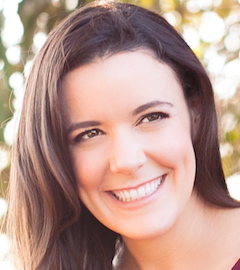
LAUREN POPOV (SMITH) is a PhD candidate at Stanford in the department of Microbiology and Immunology. Lauren is researching how the bacterial pathogen Staphylococcus aureus lives in human skin and why it sometimes causes infections. Previously, she studied the immune response to Ebola virus infection. Lauren received her BA in Human Biology with Honors from Stanford in 2009. She originally hails from the great state of Colorado, and when Lauren’s not having a blast in the lab, you’re likely to find her dancing, enjoying the outdoors, or making painstakingly slow progress on her Russian language skills. Lauren was recommended for the Science Envoy program by Stanford microbiologist/immunologist Robert Siegel. |
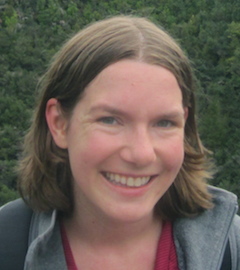 ANNA RAFFERTY ANNA RAFFERTY
is a computer science graduate student at the University of California, Berkeley. Her research focuses on how to make computers teach people more effectively. This research agenda stems from interdisciplinary interests in education and psychology in addition to computer science, and a passion for improving education for diverse learners around the world. She completed her undergraduate education at Stanford University, majoring in feminist studies and symbolic systems. After completing her doctoral degree, Anna intends to pursue a faculty career while maintaining her commitment to sharing scientific discoveries with the public. Anna was recommended for the Science Envoy program by UC Berkeley computer scientist Dan Garcia. |
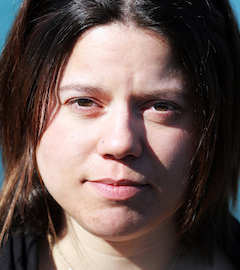
CAREN WALKER is a PhD candidate in the Psychology Department at UC Berkeley. Her research primarily explores how children learn and reason about the causal structure of the world. In particular, she is interested in how learning occurs in the absence of new data – a phenomenon she calls “learning by thinking.” Caren’s graduate work considers a suite of activities that impose top-down constraints on human inference, focusing on phenomena that are characteristic of learning in early childhood. This research includes learning from fiction and imaginative play, learning from analogies and thought experiments, and learning by explaining to oneself and others. Caren was recommended for the Science Envoy program by UC Berkeley psychologist Alison Gopnik. |
